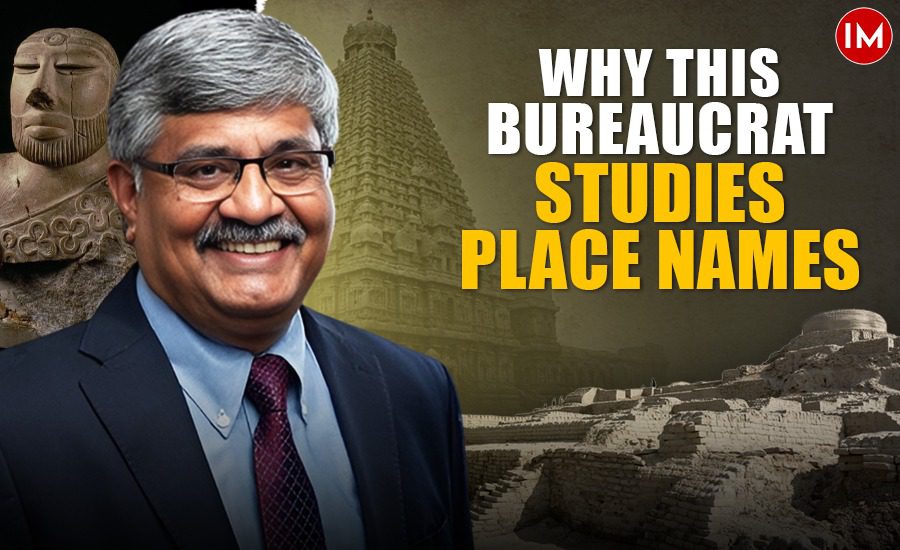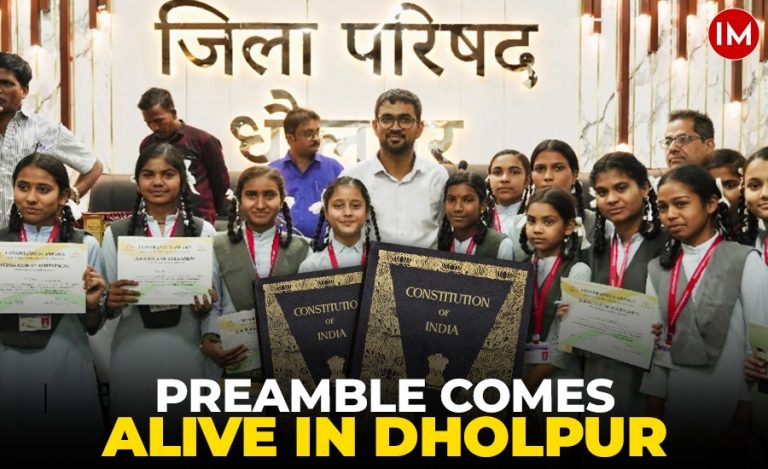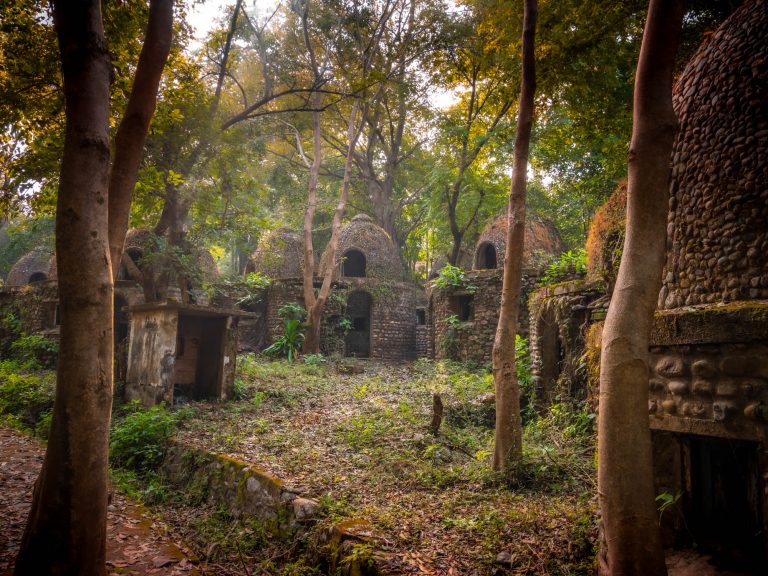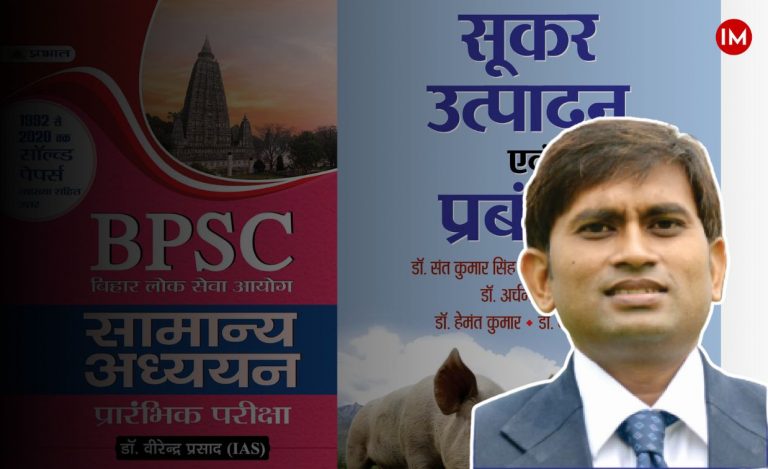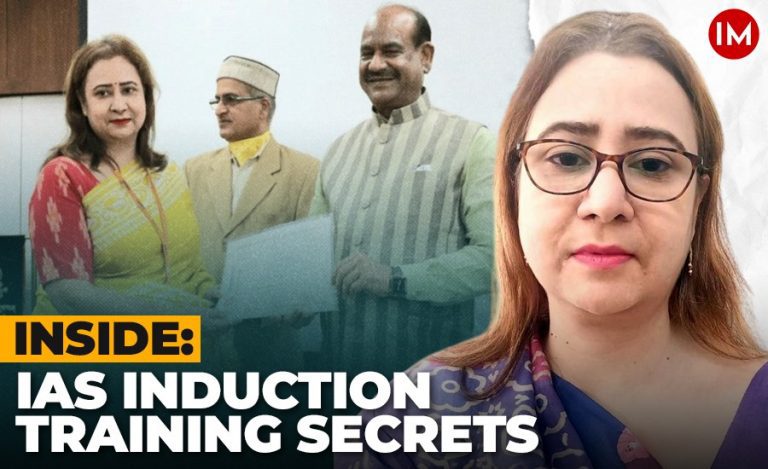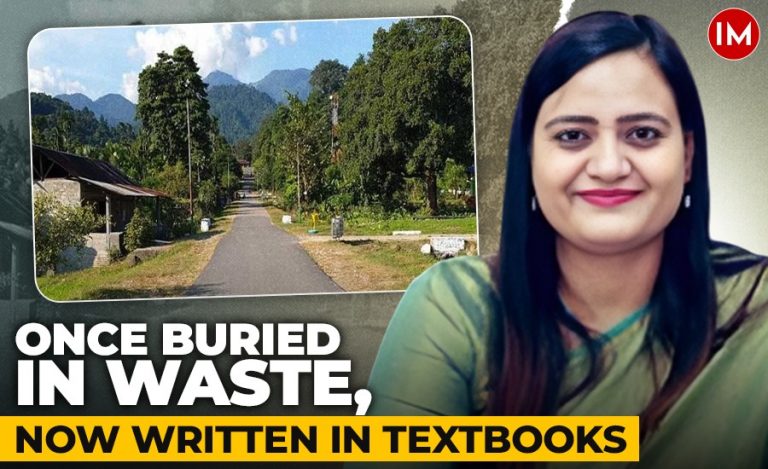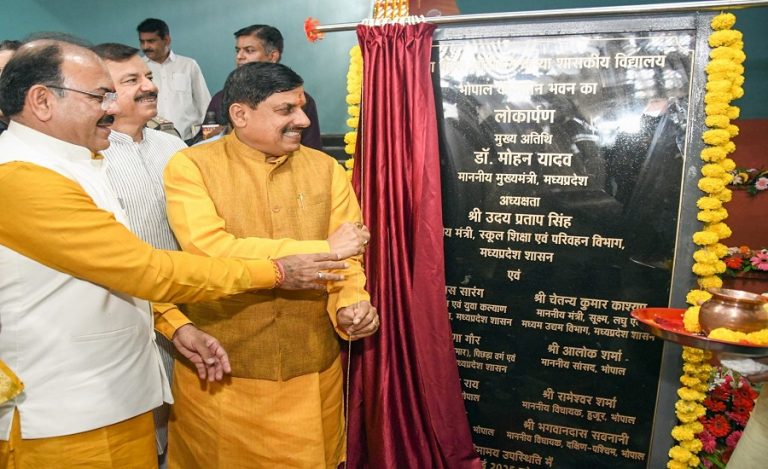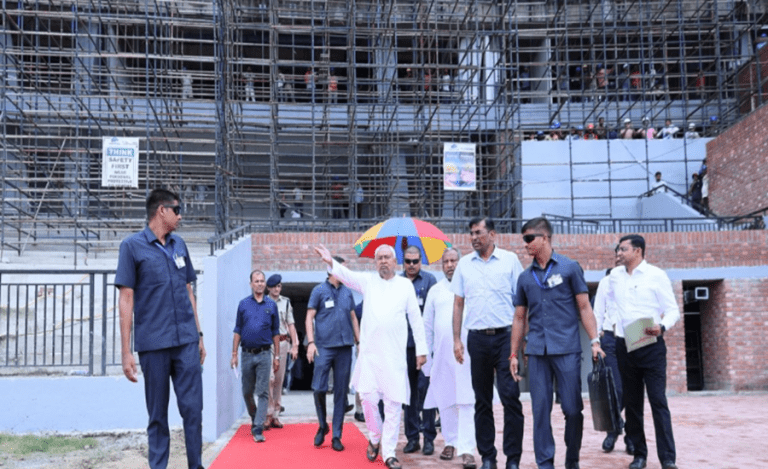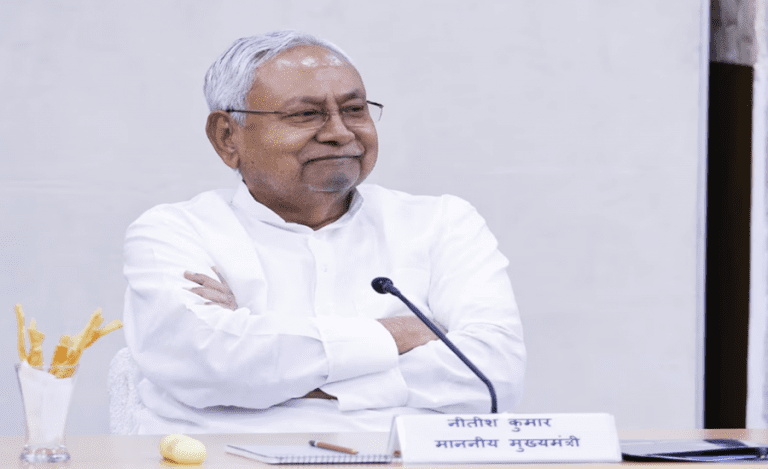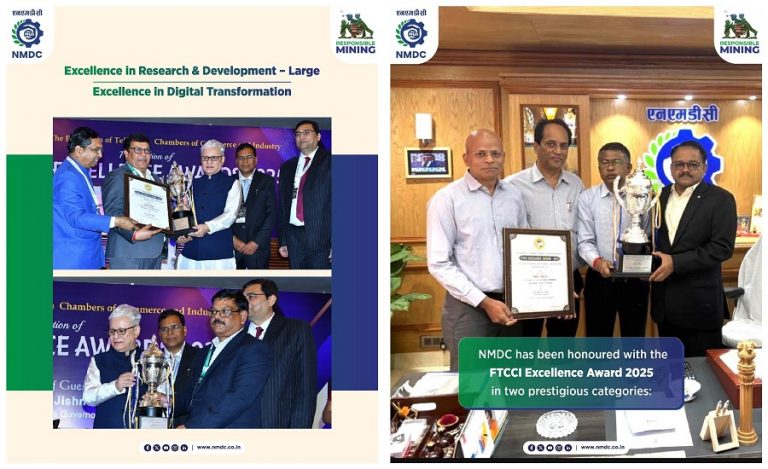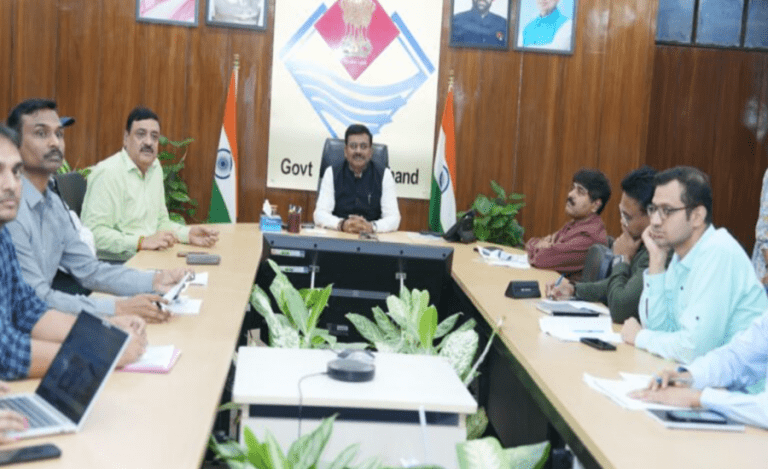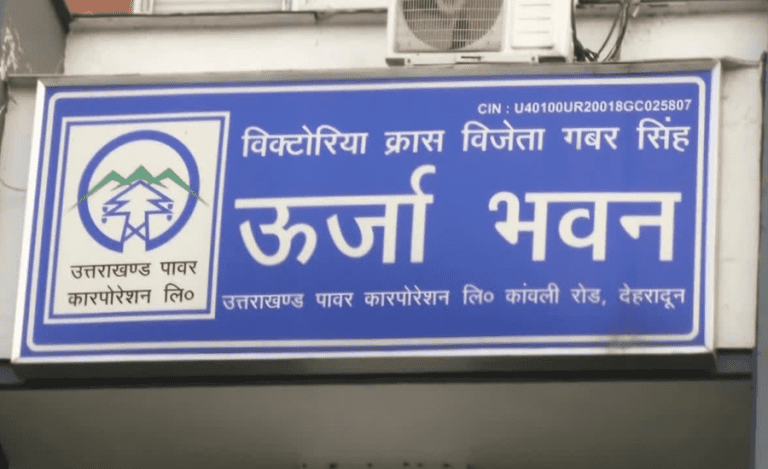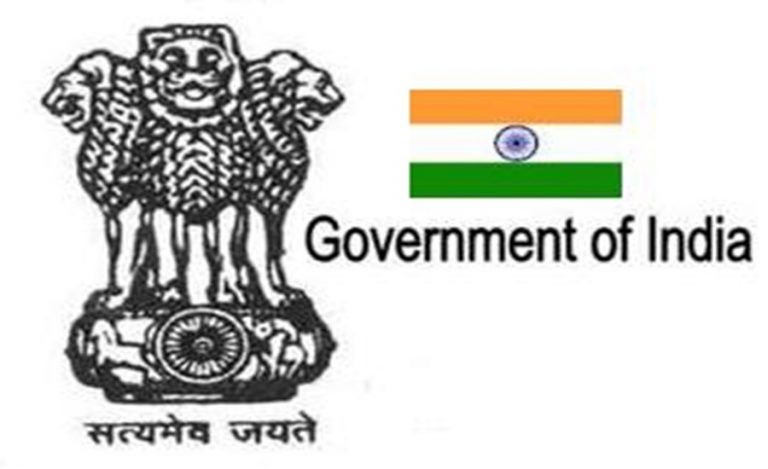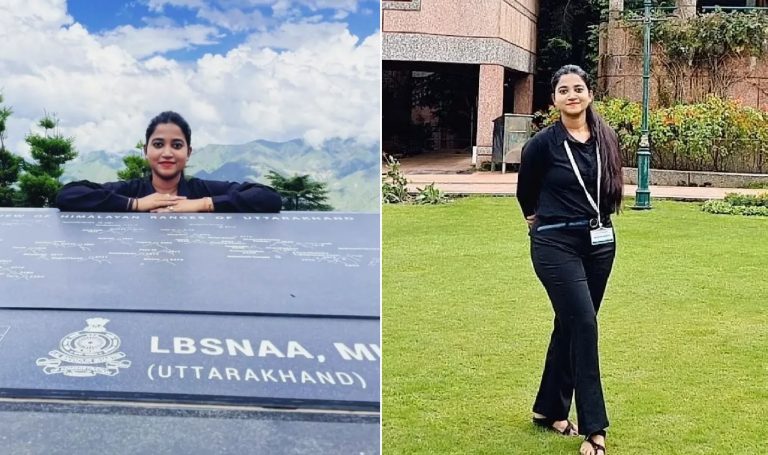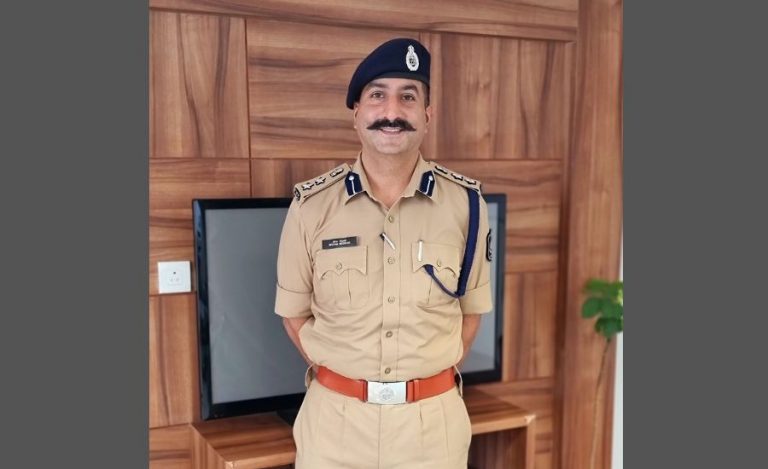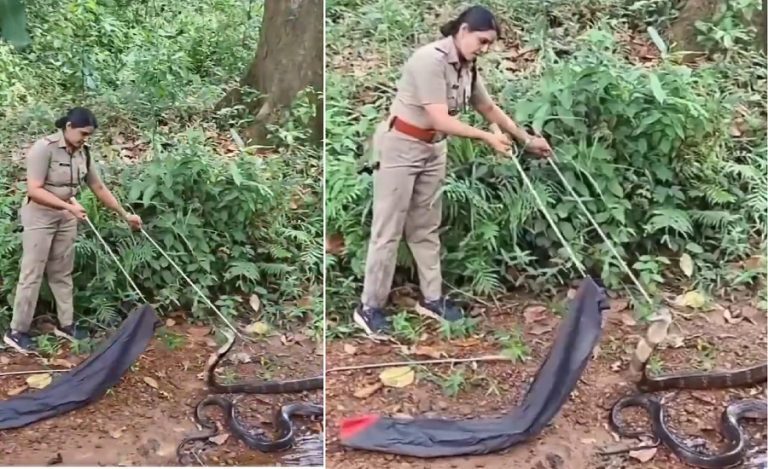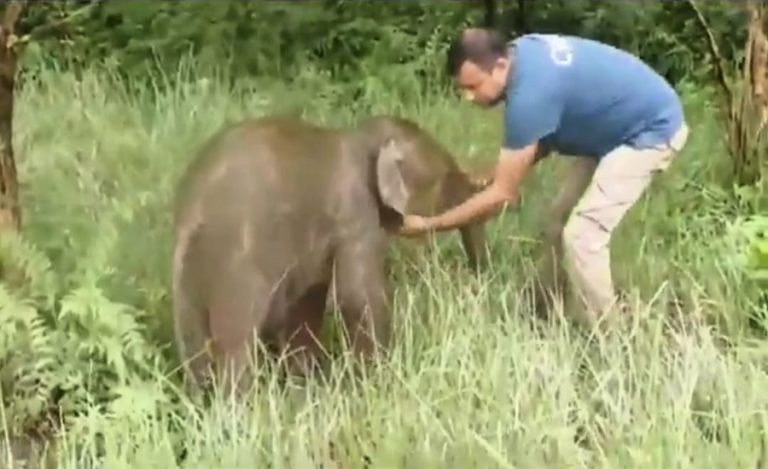In the quiet village of Natham in Tamil Nadu’s Dindigul district, a young boy spent his early days immersed in Tamil literature. That boy, R. Balakrishnan, would go on to rewrite not just history, but also how it’s studied, written, and preserved. Today, he wears many hats — former IAS officer, author, researcher, poet, and lyricist — but his journey began with a love for words.
Born on November 6, 1958, Balakrishnan pursued his BA and MA in Tamil Literature from Madurai. His early career as a Sub-Editor at Dinamani newspaper in Madurai from 1980 to July 1984 gave him a taste of storytelling and cultural reportage. But he had bigger questions to chase.
TAMIL AS A TOOL, NOT JUST A LANGUAGE
In 1984, Balakrishnan made headlines by becoming the first candidate to take the Civil Services Examination in Tamil. Selected into the Indian Administrative Service in his very first attempt, he chose the Odisha cadre, a decision that would shape his journey for decades to come.
Spending 34 years in public service with the Government of Odisha and the Government of India, he held several key positions — Additional Chief Secretary, Development Commissioner, Deputy Election Commissioner (twice), and Chief Vigilance Officer at Chennai Petroleum Corporation Limited. He retired in 2018, but didn’t slow down.
Even after retirement, he continued to advise the Odisha government as Chief Advisor (Special Initiatives) to the Chief Minister. In 2024, he was appointed as the Director of the International Institute of Tamil Studies, bringing his journey full circle back to the language he has always championed.
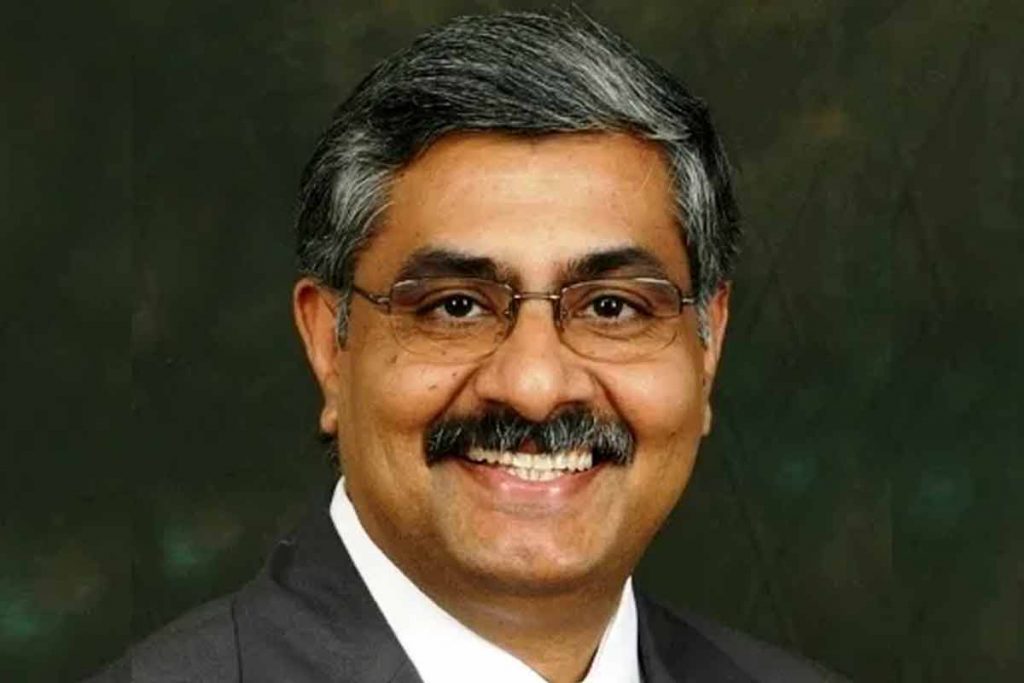
A CIVIL SERVANT WITH AN ARCHAEOLOGIST’S CURIOSITY
Balakrishnan’s curiosity often stretched far beyond administrative files. For over 30 years, he has pursued research in Onomastics (the study of place names), Indology, and Tamil studies. His approach has always been multidisciplinary, using geography, linguistics, anthropology, and oral traditions to build historical narratives.
In 1997, he made a startling discovery: place names in the tribal areas of Madhya Pradesh mirrored those in the Madurai-Idukki region of southern India. He called it the “Chhindwara Syndrome”, which eventually led him to deeper inquiries into the Indus Valley Civilization.
TRACING ANCIENT FOOTSTEPS
At the 2010 World Classical Tamil Conference in Coimbatore, Balakrishnan presented evidence for what he called the Korkai-Vanji-Tondi (KVT) Complex, a cluster of ancient Tamil place names surviving in the northwestern parts of the Indian subcontinent. This added a new layer to the long-standing debates on Tamil prehistory and its connections to the Indus Valley.
His book, Journey of a Civilization: Indus to Vaigai, published in 2019 by the Roja Muthiah Research Library, captured this epic geographical and cultural journey. The book doesn’t just interpret the past; it reconstructs it, piece by piece.
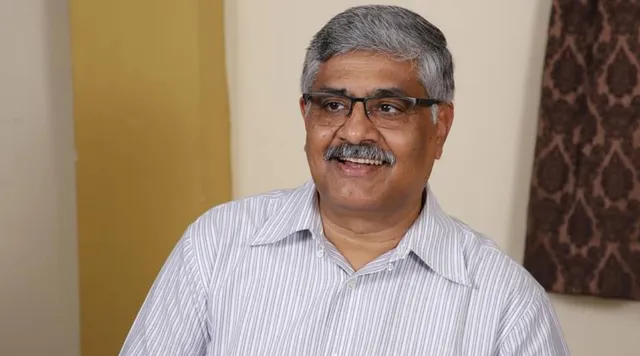
ODISHA: THE SECOND CHAPTER OF HIS CIVILIZATIONAL RESEARCH
While Balakrishnan’s roots and research are deeply Tamil, his bond with Odisha is no less profound. He has explored the region’s cultural heritage with the same passion. His Odia-language book, Abadha Padachinha, is a translation of his essays on Odisha’s history and cultural tapestry.
His ability to look at Odisha through a researcher’s lens while serving as an administrator gave him a unique perspective. He wasn’t just drafting policies, he was documenting memories, symbols, and stories that would otherwise be lost.
A POET AND LYRICIST
Balakrishnan’s writing extends far beyond research papers. He is also a poet and lyricist, with a list of published works in Tamil and English that range from emotional memoirs to cultural essays.
His publications include:
- Anbulla Amma (1991)
- Siragukkul Vaanam (2012)
- Sinduveli Panpattin Travida Adithalam (2016)
- Nattukkural (2016)
- Panmaayak Kalvan (2018)
- Irandam Sutru (2018)
- Abadha Padachinha (2019)
- Journey of a Civilization: Indus to Vaigai (2019)
- Kadavul Aayinum Aaga (2021)
- Ani Nadai Yerumai (2022)
- Oer Yer Uzhavan (2022)
- Oru Panpattin Payanam (2023)
These are not just books, but a literary bridge connecting regions, timelines, and tongues.
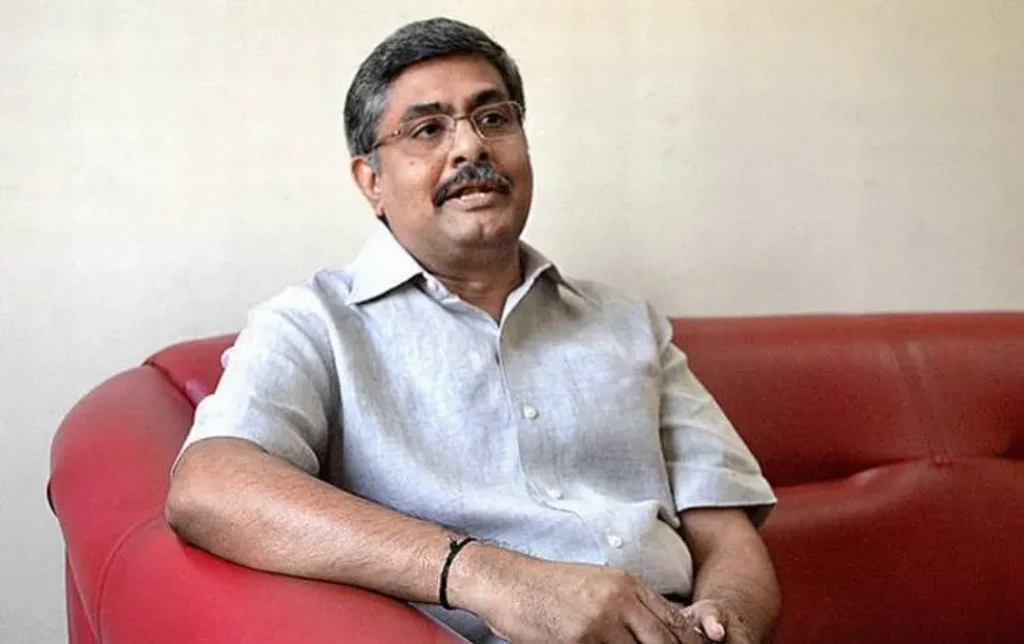
REVIVING TAMIL STUDIES, GLOBALLY
Currently, as the Director of the International Institute of Tamil Studies, Balakrishnan is back in his element, surrounded by ancient scripts, evolving theories, and timeless questions. He is also the Honorary Consultant of the Indus Research Centre at the Roja Muthiah Research Library in Chennai.
Whether it is studying forgotten place names, decoding ancient urban centers, or shaping cultural policy, Balakrishnan does it all with a journalist’s curiosity and a poet’s voice.
THE MANY LIVES OF R. BALAKRISHNAN
A career bureaucrat who never stopped being a student. A Tamil poet who speaks fluent Odia. A civil servant whose real calling may have been civilizational memory. R. Balakrishnan is one of those rare individuals whose career in government was not a detour from intellectual inquiry, it was a continuation of it.
His story reminds us that history isn’t just what’s written in textbooks; it’s hidden in place names, buried under ruins, and living in languages. And it takes someone like Balakrishnan to notice.

